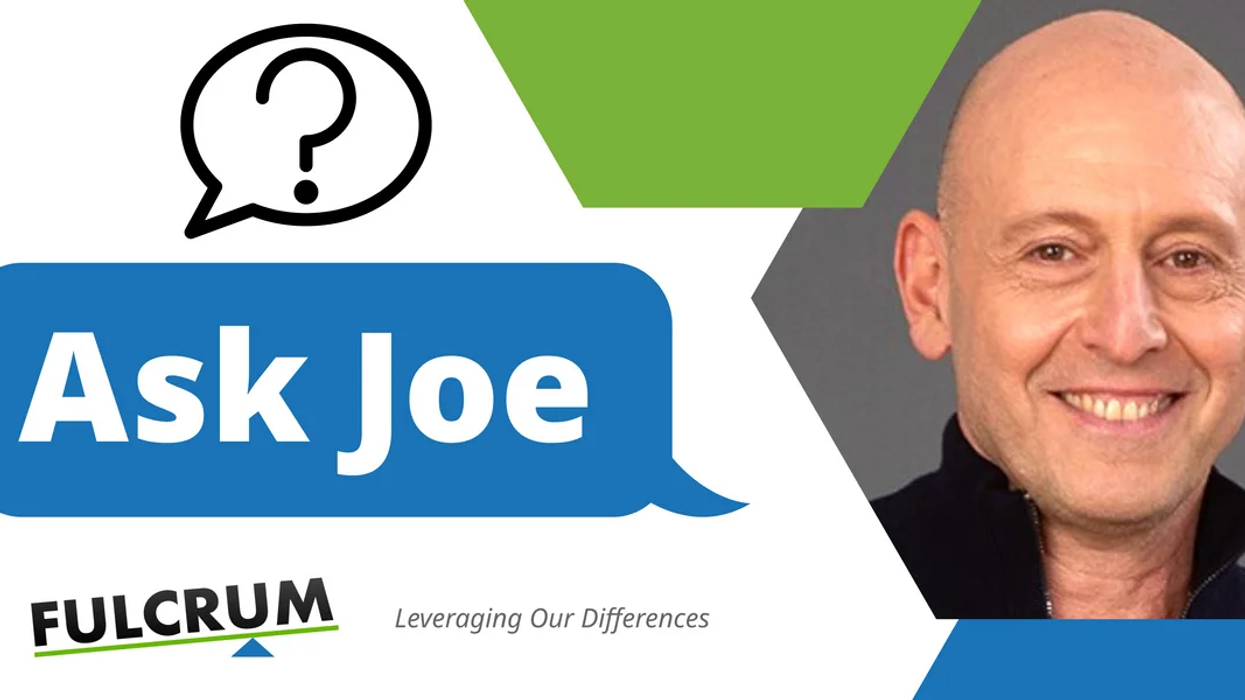Weston is the founder of the Weston Network, which provides trainings, consulting and coaching.
For those who have been following my “ Ask Joe ” articles for the last two and a half years, you have seen me write often about a pattern that many of us fall into — one I call “chronic niceness.” The purpose of these articles was to offer concrete ways to put our highest ideals of bridge-building and softening the rigidity of stagnant polarization into action in our moment-to-moment reality.
Whether at work, with family members or with advocacy work, the questions were often focused on how to confront a bully without becoming a bully. In our current national and global climate, where lack of civility is not only the norm but seems to be rewarded, how can we still be effective, be heard and have lasting impact without losing connection to our highest values and principles?
This is the theme of my recent TEDx Talk, “A Cure for Chronic Niceness.”
A Cure for Chronic Niceness | Joe Weston | TEDxYoungstownyoutu.be
I am so grateful that I had the opportunity through that forum to share my vision of how to overcome the challenges of our time and activate our voices in a more empowered way. My hope is this message reaches many to offer some hope, inspiration and courage in a time that seems so despairing.
Yes, the world does seem to be out of control. And I do believe it is possible to break the gridlock of stagnant polarization, overcome arguments and fights, get back to hope, and initiate the emergence of new solutions to our current problems. How we talk matters. And while many communication models offer powerful ways to deal with or overcome aggression, I assert that we won’t see any lasting change until we also address a much-forgotten part of the equation — our deep-seated attachment to chronic niceness.
In this talk, I explain what chronic niceness is and how it causes harm, and then offer an alternative to chronic niceness — fierce civility. I provide simple yet effective tools and strategies to overcome this chronic pattern in order to empower more of us to courageously create a hopeful vision for a better future free from both chronic niceness and aggressive habits.
I hope you take a moment to watch my TED Talk. I’d love to hear what you think. What’s your relationship with chronic niceness? Get in touch if you have any questions
You can learn more about these tools, skills and strategies at my site.
Please share this talk with those you know who get stuck in patterns of chronic niceness. My hope is that more of us step up and become what I call “catalysts of fierce hope.” If there was ever a time when it was needed, it’s now!
With fierce gratitude.




















Trump & Hegseth gave Mark Kelly a huge 2028 gift